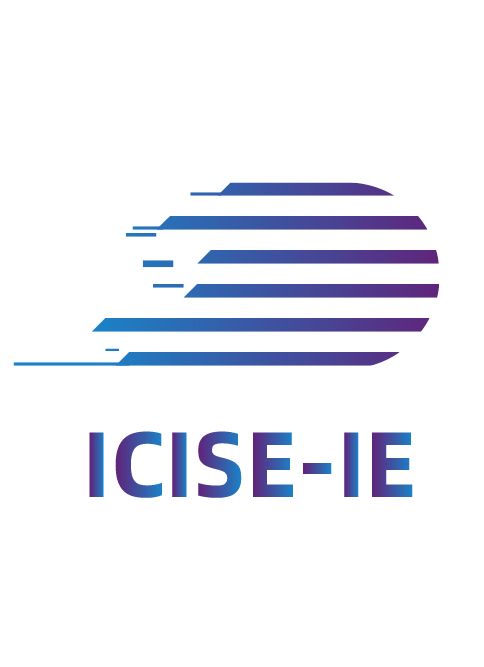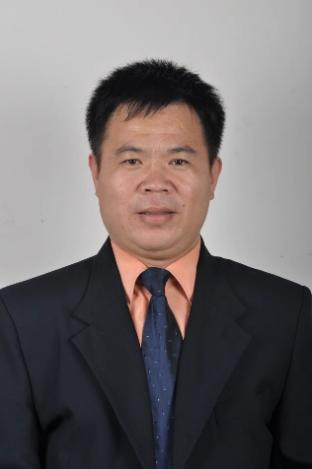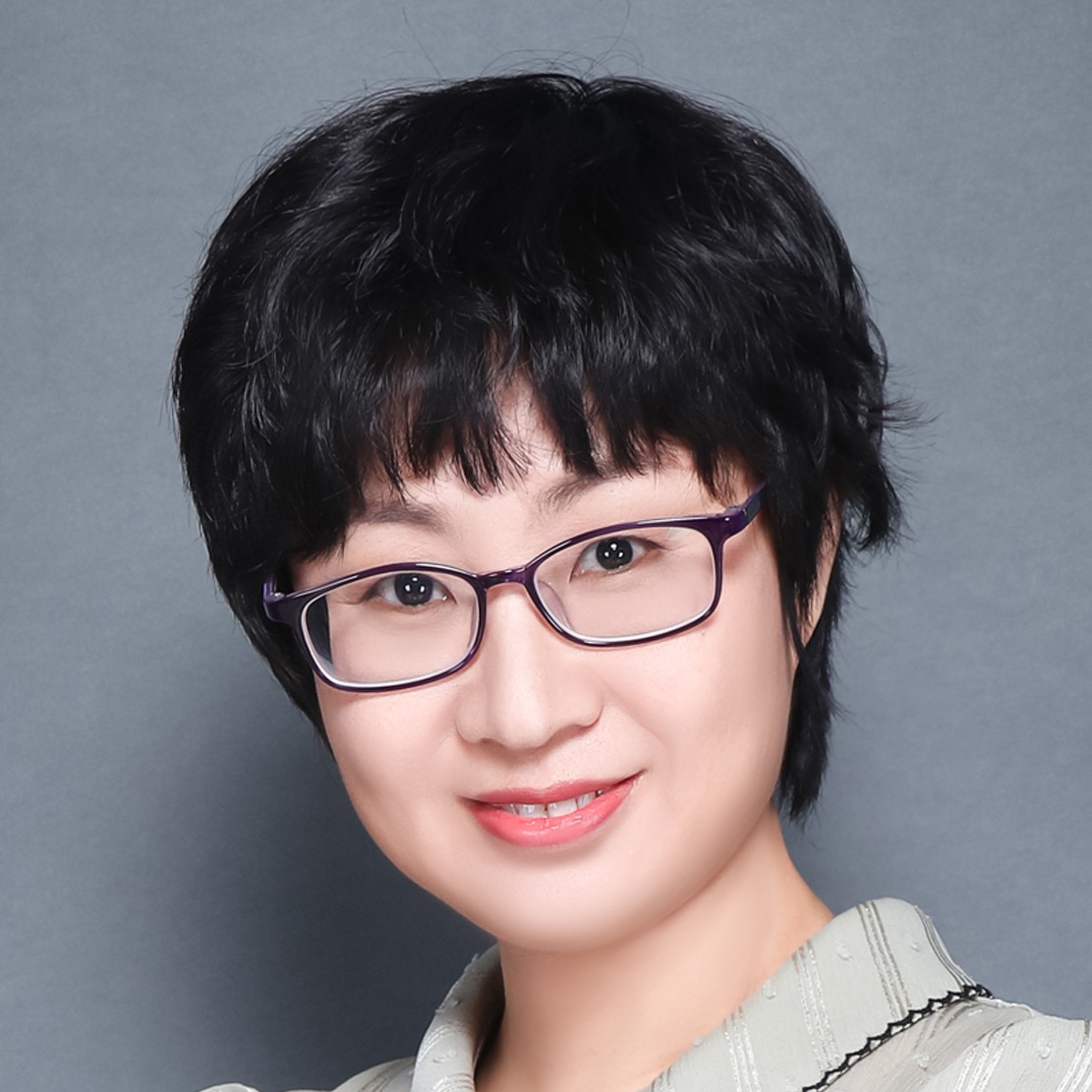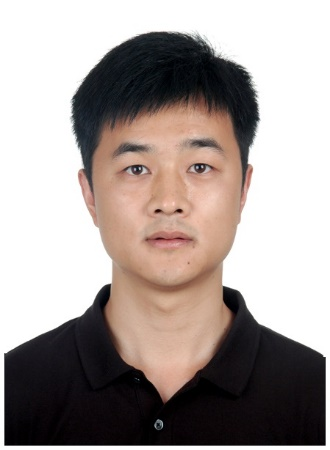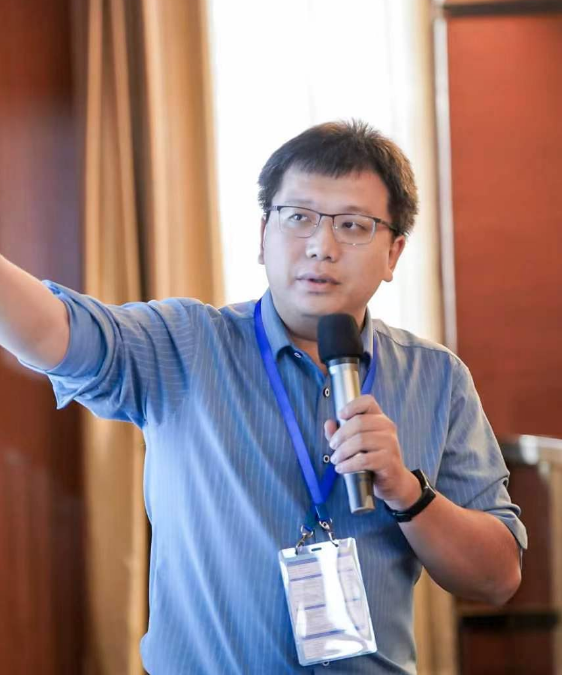| Prof. Xiaodong ZhangXi’an Jiaotong University Brief: Professor Xiaodong Zhang received the B.E. degree in Energy and Power Engineering from Xi’an Jiaotong University, Xi’an, China, in 1989, and the M.E. and Ph.D. degree in Mechanics from Xi’an Jiaotong University, Xi’an, China, in 1992 and 1996, respectively. From 1996 to 2010, he was a Teacher, and in 1999 promoted as an Associate Professor in school of Mechanical Engineering, Xi’an Jiaotong University, Xi’an, China. Since 2011 he has been a Professor, and now is a deputy director, Institute of Robotics and Intelligent Systems with school of Mechanical Engineering, Xi’an Jiaotong University, Xi’an, China. Professor Xiaodong Zhang was a Visiting Scholar in Department of Mechanical and Medical Engineering, University of Bradford, UK, about three months from 2001 to 2002. He was a Researcher in School of Mechanical Engineering, Sungkyunkwan University, Korea, about two years from 2003 to 2005. He was a visiting professor in the Lab on Intelligent robotics, Michigan State University, USA, about one month in November, 2010, and in the Lab on the Control and Intelligent Systems Engineering, University of Hull, UK, about 3 weeks in October, 2011, and in School of Industrial and Systems Engineering, Georgia Institute of Technology, USA, about 2 weeks in July, 2017, and in the Lab on Mechatronics and Intelligent robotics, University of Essex, UK, about 6 months from 2019 to 2020, respectively. Furthermore, he was a lecture professor funded by K. C. Wong Education Foundation in Department of Industrial and Manufacturing Systems Engineering, The University of Hong Kong, Hong Kong, about 2 weeks in December, 2018. Professor Xiaodong Zhang has published more than 140 papers, include 48 papers indexed by SCI & about 100 papers indexed by EI, and won 30 Patents of invention & 10 Design Patents, and served as an Associate Editor of Journal of Mechanical Science and Technology & Editor of Intelligent Service Robotics. He won best paper award of the 2008 International Conference on Rehabilitation in China, best session paper award of CCCT 2010 in USA, best application paper award of IEEE URAI 2016 in China, outstanding paper award of IEEE URAI 2017 in Korea, finalist best paper award of IEEE CYBER 2019 in China, respectively. He served the IEEE NEMS 2015 as the local arrangement chair, the IEEE URAI 2016 & URAI 2017 as a program co-chair, and the IEEE CYBER 2020 & CIVEMSA2024 as the General Chair. His recent research interests are Robotics and Intelligent System, Bio-mechatronics technology, EEG/EMG signal processing and its application on robotics, intelligent measurement and control technology, etc. Speech Title: Reflection and Practice on the Digital Construction of National First Class Curriculum Abstract: The speech aims to address issues such as the disconnect between teaching theory and practice, low student learning enthusiasm, and lagging technological development in teaching content. Against the backdrop of social changes such as the rise of Industry 4.0, the development of robotic intelligent manufacturing, and the impact of humanoid robots, it attempts to explore how to use digital and multimedia methods to create corresponding first-class courses in the training of engineering majors in the new engineering field. This includes adopting advanced teaching concepts and methods, assisting with excellent teaching methods and practical conditions, cultivating students' mastery of necessary technical knowledge and its application technologies in the development of the engineering field, enhancing their innovative awareness of learning and work, and adaptability to social changes. At the same time, we will share the digital construction of "Mechanical Engineering Testing Technology" national first-class course (formerly a national quality course) in our university of Xi’an Jiaotong University , mainly including textbook writing, laboratory construction, curriculum reform, etc., aiming to strengthen peer communication, mutual learning, and common improvement, and serve the construction and development of first-class courses and even engineering majors. |
| Prof. Qiao YanShenzhen University Brief: She received her Ph.D. degree in Information and Communication Engineering from Xidian University in 2003.In 2004, she was a postdoctoral fellow at Tsinghua University, engaged in the research of network security, artificial intelligence and Internet of Things. She joined Shenzhen University in 2006 for teaching and research, and has been a professor since 2009.From 2013-2014 she visited Carleton University, Canada. Her current research interests focus on cybersecurity, machine learning. She has published more than 100 papers in JCR and other journals, and 8 papers are ESI highly cited papers. In Google Scholars she has more than 4000 citations. She has participated in many national and provincial scientific research projects, such as the National 973 Project, the National 863 Project, the National Natural Science Foundation project, the China Postdoctoral Science Foundation project, and the Guangdong Science and Technology Plan project. She got Wu Wenjun Artificial Intelligence Science and Technology Award (First Class), Guangdong Science and Technology Progress Award (second class), Shenzhen Science and Technology Innovation Award, Shenzhen Science and Technology Progress Award, Shenzhen Excellent Postdoctoral Award and other awards. Speech Title: Application of the Kolb Experiential Learning Model based on Large Language Models in the Course "Introduction to Computer Security" Abstract: The limitations of time and resources in traditional teacher-student teaching methods pose challenges to the implementation of Kolb's experiential learning. This paper analyzes the application of large language models (LLMs) within the Kolb experiential learning model. It proposes a Kolb experiential learning teaching model based on LLMs, leveraging their language comprehension and personalized interaction capabilities. The model integrates LLMs into the four stages of Kolb's learning cycle: concrete experience, reflective observation, abstract conceptualization, and active experimentation. Using the "Introduction to Computer Security" course as an example, the application of the proposed teaching model is demonstrated through the instruction of cryptographic algorithms. The course results show that the introduction of LLMs significantly enhances student satisfaction and autonomous learning capabilities. |
| Assoc. Prof. Chuan LuoSichuan University Brief: Dr. Chuan Luo is currently an Associate Professor with the College of Computer Science, Sichuan University, Chengdu, China. He received the Ph.D. degree in Computer Science from Southwest Jiaotong University, Chengdu, China, in 2015. He was a Visiting Ph.D. Student with the University of Regina, Regina, SK, Canada, in 2014. In Feb. 2019, he was a Visiting Scholar with the Harvard University, Cambridge, MA, USA. His current research interests include granular computing, cloud computing, and incremental learning. He won the Natural Science Prize (2nd Grade), awarded by the Ministry of Education of China (2021). He is the recipient of two Best Paper Awards at the 12th International FLINS Conference on Uncertainty Modeling in Knowledge Engineering and Decision Making (FLINS’16), and the 2012 Joint Rough Set Symposium (JRS’12), a Workshop Best Paper Award at the 2019 IEEE Cyber Science and Technology Congress (CyberSciTech’19), and two Best student Paper Awards at the 2015 International Joint Conference on Rough Sets (IJCRS’15) , and the Joint Conference of 13th China Conference on Rough Sets and Soft Computing (CRSSC’13). He has published more than 100 research papers in international conferences and journals, such as the IEEE TKDE, IEEE TPDS, IEEE TNNLS, IEEE TFS, Information Sciences, Information Fusion, Pattern Recognition, Knowledge-Based Systems, Expert Systems with Applications, Neurocomputing, International Journal of Approximate Reasoning, etc. He serves as an Area Editor of International Journal of Computational Intelligence Systems, Editor of Human-Centric Intelligent Systems, CCF Cultural Ambassador, and a Member of Special Committee of CAAI Granular Computing and Knowledge Discovery. He has served as Program Co-Chair of ICAIP 2021-2022、BDML2020-2021, FCST 2016, Session Chair of PAKDD 2022, IEEE DSInS 2021, IEEE CyberSciTech 2019-22021, CRSSC 2014, Web Chair of CCF BigData 2022, etc. Speech Title: Distributed Feature Selection for Scalable Dimensionality Reduction Abstract: The emerging Big Dimensionality presents an immediate challenge pertaining to the scalability issue in the data analytics and computational intelligence communities. Feature selection, as a type of dimension reduction technique, has been proven to be effective and efficient in handling high dimensional data. However, the appearance of large data explosion leads to the existing serial computing feature selection algorithms are extremely time-consuming due to the limited computational and storage resources. As a practical pathway to pursue the challenge of explosive growth and aggregation of data, parallelization of algorithms by exploiting high performance computing resources in a distributed computing environment have increasingly gained strengths in facilitating large-scale data analysis. This talk will introduce our recent research works targeting scalable feature selection from multiple perspectives: Spark rough hypercuboid approach for scalable feature selection, Large-scale meta-heuristic feature selection based on BPSO assisted rough hypercuboid approach, and RHDOFS: a distributed online algorithm towards scalable streaming feature selection. |
| Pror. Zhen ChenLingnan Normal University Brief: Deputy Dean, Ph.D., Professor and Master Supervisor of the Business School of Lingnan Normal University. He has been engaged in research work in the fields of science and technology management, marine new quality productivity, financial technology, logistics and supply chain system optimization for a long time. In recent years, he has presided over a number of topics such as the Ministry of Education Humanities and Social Sciences Project, Guangdong Provincial Natural Fund, Guangdong Provincial Social Science Planning, Guangdong Provincial Soft Science, etc., and has published more than 30 various achievements in various high-quality journals. He has published nearly 10 senior management reports on carriers such as "Southern Think Tank Special Report" and Zhan Mansion Information ", and has received affirmative instructions from provincial and municipal leaders at all levels and held special project promotion meetings. Speech Title: Exploration of Technology Diffusion Path of Underwater Robots in Marine Industry Abstract: With the increasing demand for marine resources development, the application of underwater robots as a key component of marine productivity has become increasingly critical. Not only can they perform tasks in hazardous environments, such as deep-sea exploration, submarine pipeline maintenance, etc., but they can also significantly improve operational efficiency and accuracy, reducing dependence on human divers. From the perspective of the technology itself, continuous R & D investment has made underwater robots more intelligent and adaptable, providing a solid foundation for technology diffusion. For application groups, namely marine scientific research institutions, energy companies, etc., by providing customized solutions and technical training, technology acceptance can be accelerated. For the diffusion environment, government policy support, industry standard formulation, and international cooperation and exchanges are all important factors to promote technology dissemination. In order to enhance the empowering effect of underwater robot technology, an online technology education platform should be established to share the latest research results and technical cases; virtual simulation teaching should be carried out to enable students and practitioners to simulate the operation of underwater robots; international seminars should be held to encourage interdisciplinary exchanges and cooperation to promote technological innovation and diffusion. Through the above measures, an ecosystem conducive to the wide application of underwater robot technology should be built. |
